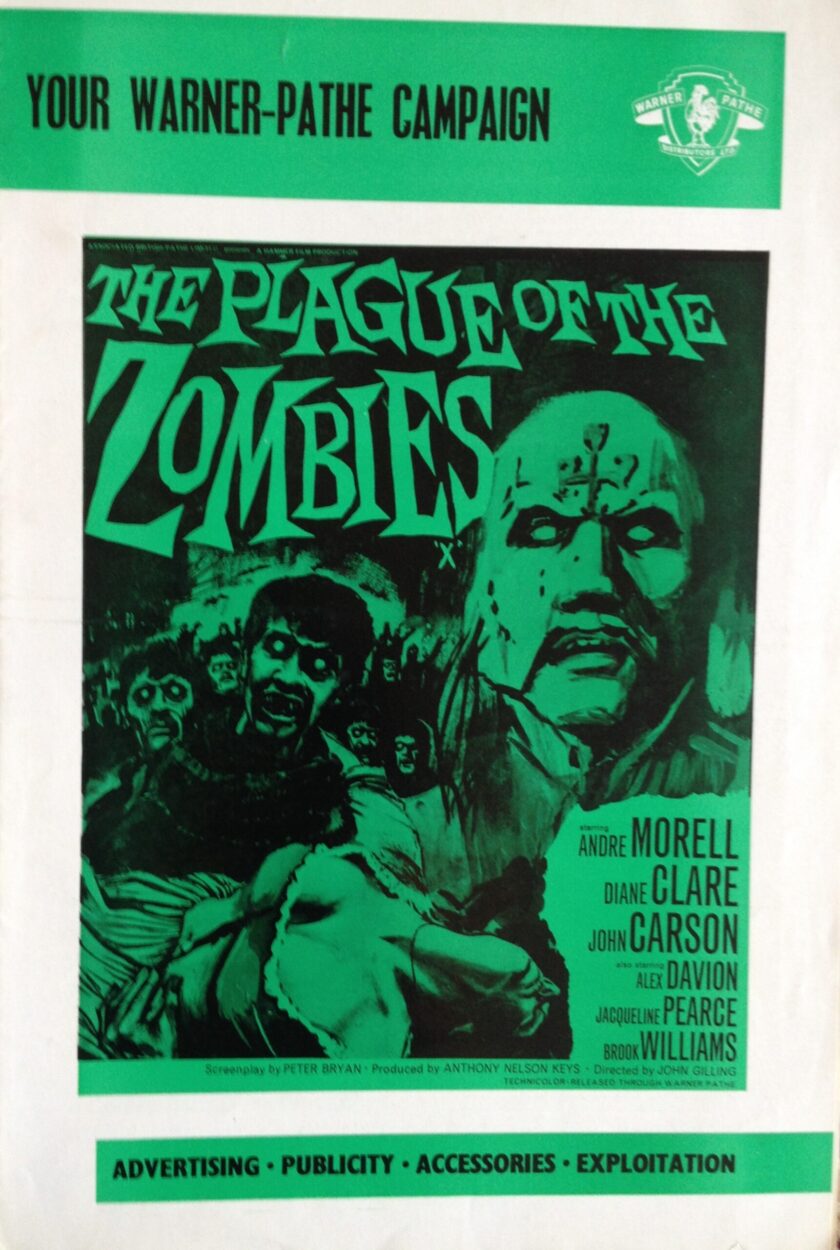
In that spirit, this paper provides an interpretation that revisits postcolonial critiques, which since the 1970s have challengingly situated Camus' literature and activism within his wider political commitments to Algerie Francaise. 2020 will also be remembered as the year when the legacies of the colonial past began to be reckoned with in an unprecedented way, as the 'Black Lives Matter' movement forced public bodies, companies and educational providers, among others, to grapple with the thorny topic of decolonisation. In most contemporary accounts, this is identified with the French Resistance to the Third Reich occupation during the Second World War, in which Camus fought.

The novel is also of course read as an allegory, of human defiance and solidarity in the face of an insurmountable and unknown enemy. Camus coolly dissects the anguish of separation that millions today have experienced in self-isolation, as social bonds break down and the recourse is to nothing other than inwardness. Camus speaks of official attempts to initially downplay and then manage the virus the psyche of the populace under quarantine, with its feelings of aimlessness the attempts of some to profiteer from the disease and the fatality statistics broadcast as daily figures.

The global COVID-19 pandemic of 2020 has reignited interest in Albert Camus' 1947 classic The Plague, which charts the relentless course of an epidemic raging through a city in Colonial French Algeria, and contains uncanny resonances with our contemporary situation.


 0 kommentar(er)
0 kommentar(er)
